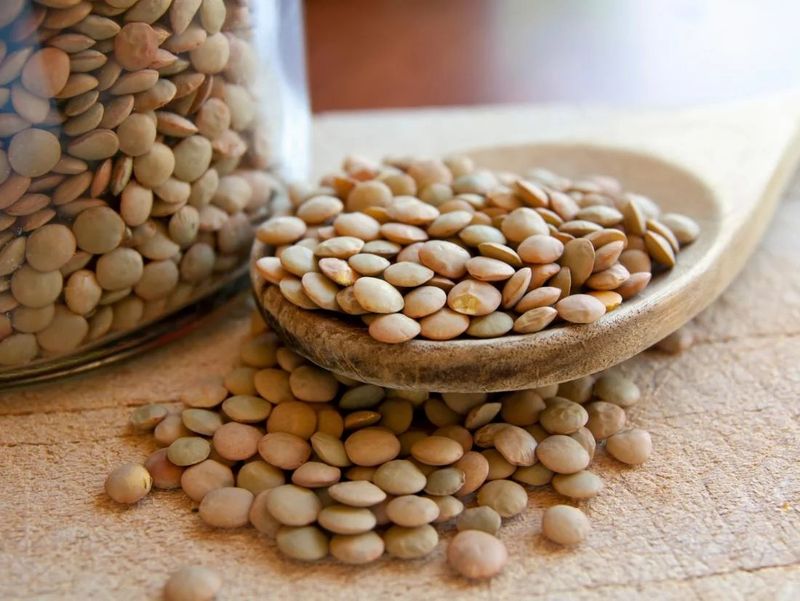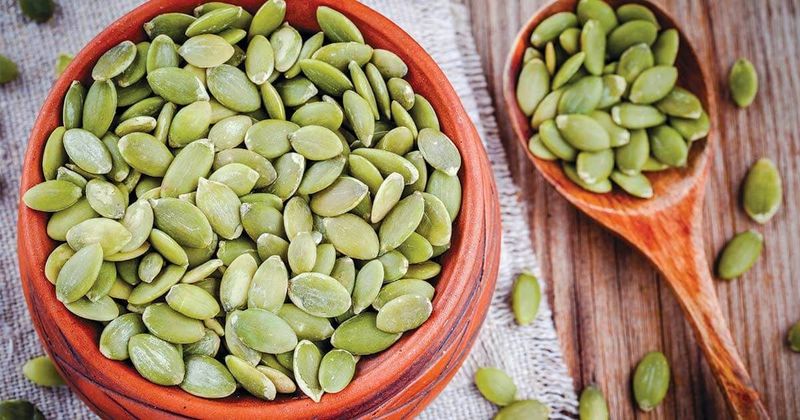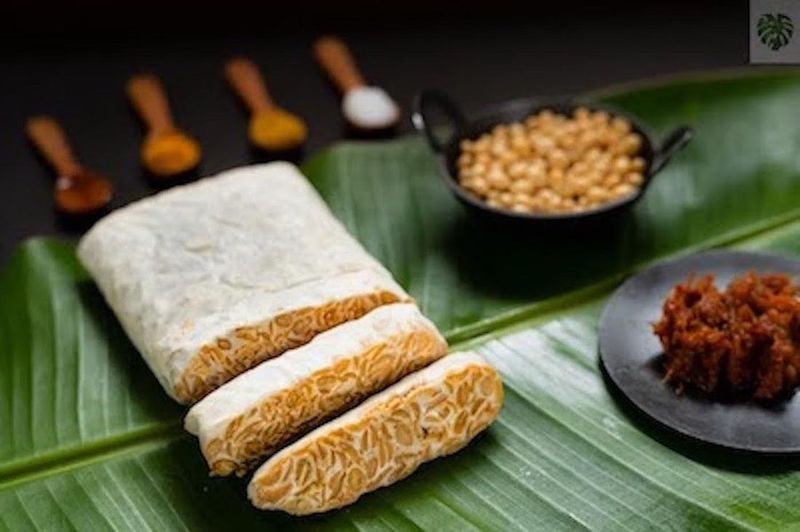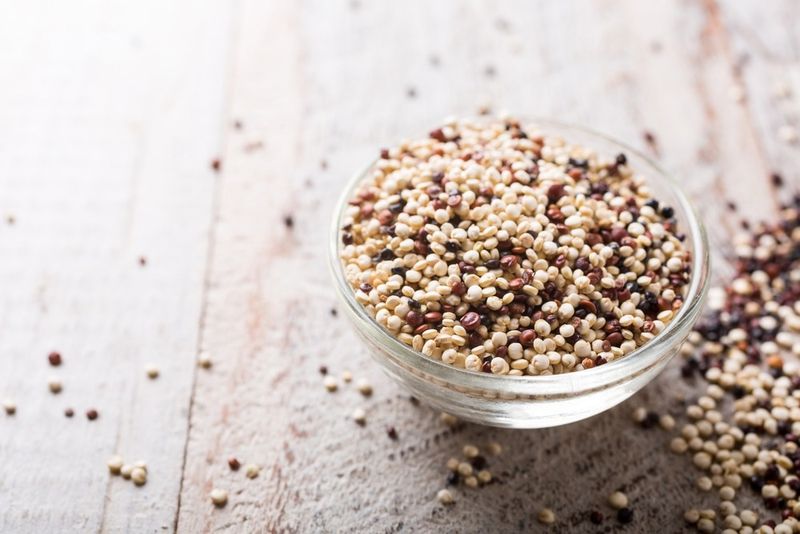If you’ve been sticking to the same old chicken breast to manage your blood sugar, it’s time to shake up your plate. A brand-new study reveals a lineup of underrated proteins that could be game-changers for diabetes management, supporting stable blood sugar while packing in flavor and variety. From the richness of fatty fish to the quiet strength of seeds and whole grains, these protein sources are more than just diet-friendly—they’re tools for vibrant living. Ready to discover what researchers say you should actually be eating to help your body thrive while managing diabetes? Let’s dive in.
1. Greek Yogurt: The Creamy Blood Sugar Stabilizer
Packed with approximately 20 grams of protein per serving, Greek yogurt stands out as a diabetes-friendly protein superstar. Unlike regular yogurt, the Greek variety undergoes a straining process that removes excess whey, creating a thicker texture and concentrating the protein content.
The high protein combined with calcium and vitamin D supports bone health while helping to prevent blood sugar spikes. Its low glycemic impact means you’ll feel satisfied longer without experiencing glucose fluctuations.
Try unsweetened varieties topped with berries for a perfect breakfast or snack. The probiotics in Greek yogurt offer the bonus benefit of supporting gut health, which emerging research suggests may play a role in better glucose control.
2. Fatty Fish: Heart-Healthy Omega-3 Powerhouse
Salmon, mackerel, and sardines deliver a double benefit for diabetes management through their lean protein and abundant omega-3 fatty acids. These healthy fats fight inflammation—a significant concern for people with diabetes who face higher cardiovascular risks.
Research shows consuming fatty fish twice weekly can improve insulin sensitivity while supporting heart health. The protein content helps maintain stable blood sugar levels between meals, preventing dangerous dips and spikes.
For maximum benefit, choose wild-caught varieties when possible and prepare them using gentle cooking methods like baking or grilling. Even canned salmon (with bones) provides calcium alongside its protein punch, making it both economical and nutritious.
3. Lentils: Tiny Powerhouses for Blood Sugar Control
Small but mighty, lentils pack an impressive nutritional profile that’s particularly valuable for diabetes management. These legumes contain a winning combination of plant protein and soluble fiber that helps prevent post-meal blood sugar spikes.
Unlike animal proteins, lentils contain virtually no saturated fat while delivering essential minerals like magnesium and potassium that support healthy blood pressure. Their high fiber content (about 15 grams per cup) creates a slow, steady release of energy.
Available in multiple varieties—red, green, brown, and black—lentils cook quickly without pre-soaking and adapt to countless recipes from soups to salads. Their earthy flavor and hearty texture make them satisfying meat alternatives in many dishes.
4. Pumpkin Seeds: Crunchy Magnesium-Rich Morsels
Often overlooked in favor of almonds or walnuts, pumpkin seeds deserve special recognition for their diabetes-friendly profile. These jade-green kernels contain an impressive 7 grams of protein per ounce, along with magnesium—a mineral many people with diabetes lack that helps improve insulin sensitivity.
The zinc content in pumpkin seeds supports immune function, while their natural plant compounds have mild anti-inflammatory properties. Their fiber helps slow digestion, preventing blood sugar fluctuations after eating.
Enjoy them roasted as a portable snack, sprinkled over salads, or blended into smoothies. Their slightly sweet, nutty flavor complements both savory and sweet dishes, making them versatile additions to a diabetes management plan.
5. Venison: The Lean Red Meat Alternative
Wild game meat offers exceptional benefits for blood sugar management that conventional beef can’t match. Venison contains roughly half the calories of beef while providing more protein per ounce, making it an ideal choice for weight management—a crucial factor in diabetes control.
With virtually no marbling, venison delivers complete protein without the saturated fat that can worsen insulin resistance. Its high iron content helps prevent anemia, a common concern for people with diabetes.
The rich, distinctive flavor stands up well to bold seasonings like juniper, rosemary, and black pepper. Ground venison makes excellent burgers and meatballs, while tenderloin cuts can be quickly seared for a restaurant-quality protein source that won’t spike blood glucose.
6. Tempeh: Fermented Soy with Probiotic Benefits
Originally from Indonesia, tempeh offers unique advantages over other soy products for diabetes management. The fermentation process breaks down phytic acid, making minerals more bioavailable while creating a firm, nutty-flavored protein source containing about 16 grams per 3-ounce serving.
Unlike highly processed soy products, tempeh retains its whole soybean structure, providing beneficial fiber that slows carbohydrate absorption. The fermentation creates natural probiotics that support gut health, potentially improving glucose metabolism according to recent studies.
Its firm texture makes tempeh ideal for slicing, cubing, or crumbling as a versatile meat substitute. Try it marinated and grilled, crumbled into chili, or sliced for sandwiches—its ability to absorb flavors makes it endlessly adaptable for diabetes-friendly meals.
7. Pasture-Raised Eggs: Nutrient-Dense Breakfast Champions
The humble egg contains nearly perfect protein with all essential amino acids your body needs. For people with diabetes, eggs provide exceptional nutrition with minimal impact on blood glucose—each egg contains just 0.6 grams of carbohydrates while delivering 6 grams of complete protein.
Pasture-raised eggs specifically offer enhanced nutrition profiles, with studies showing higher omega-3 content and vitamin D levels compared to conventional eggs. The combination of protein and healthy fats creates lasting satiety, preventing hunger-driven poor food choices later.
Beyond breakfast, hard-boiled eggs make convenient snacks that won’t disturb blood sugar levels. The choline in egg yolks supports brain health and may help reduce inflammation, addressing another concern for those managing diabetes.
8. Quinoa: The Complete Protein Pseudo-Grain
Botanically a seed rather than a true grain, quinoa stands alone as one of few plant foods containing all nine essential amino acids. This makes it particularly valuable for vegetarians with diabetes seeking complete proteins without animal products.
With 8 grams of protein per cooked cup, quinoa provides steady energy without the blood sugar spikes associated with refined grains. Its exceptional fiber content—both soluble and insoluble—creates a gentle, sustained release of carbohydrates into the bloodstream.
The magnesium, phosphorus, and manganese in quinoa support metabolic functions often compromised in diabetes. Its mild, slightly nutty flavor works in both savory dishes and breakfast porridges, making it versatile enough to enjoy daily without boredom.








Leave a comment